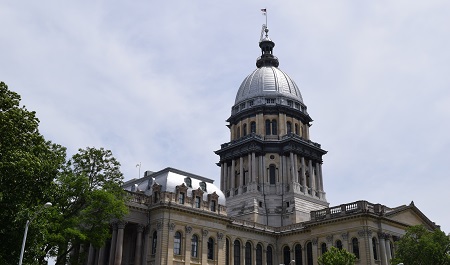The New Year brings with it a sense of new things to accomplish and new places to engage. I hope you’ll take this time to engage with an important survey from CPS.
The district continues gathering community feedback on how they measure school quality. They need to hear from you today!
This survey is voluntary and responses are all anonymous. Not only that, but it should take you less than 10 minutes to complete. CPS recently extended the deadline to complete the survey, but act fast – the survey closes on Tuesday, January 18.
Parents and community members have important insights to share, so I hope you’ll take a few minutes from your busy day and add your voice to the discussion. Let’s take this opportunity to engage in a meaningful way!
















